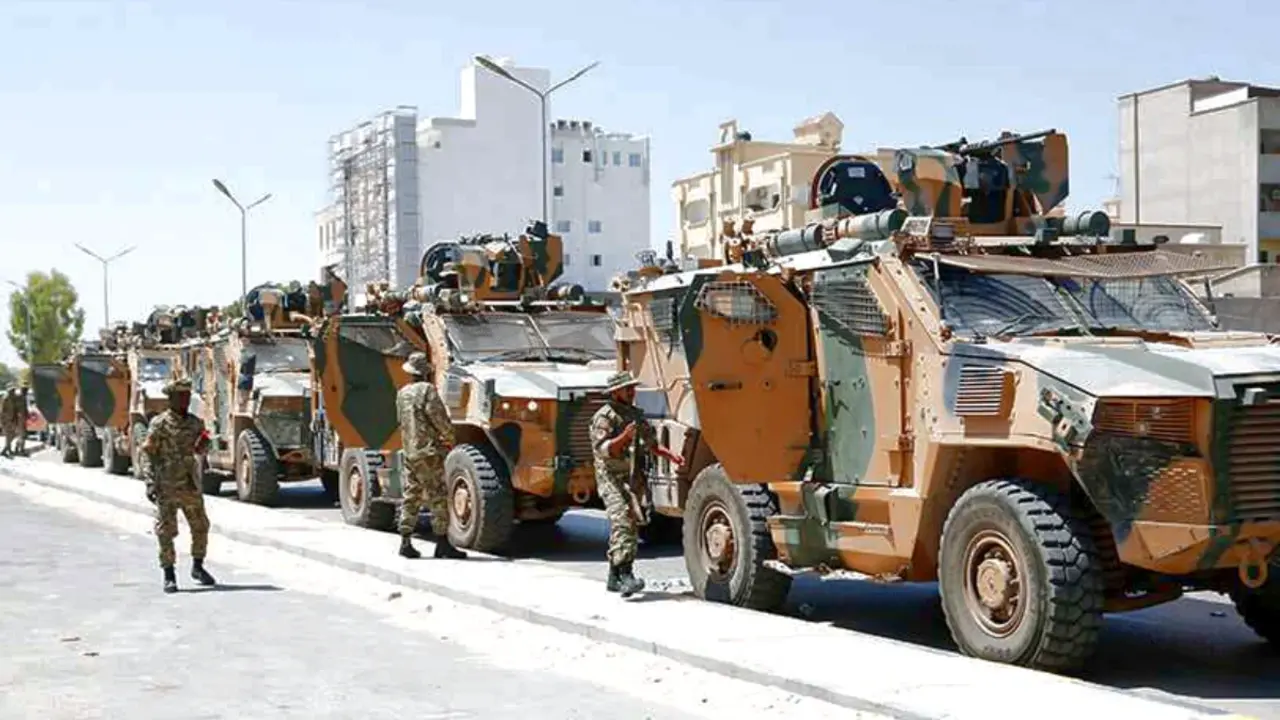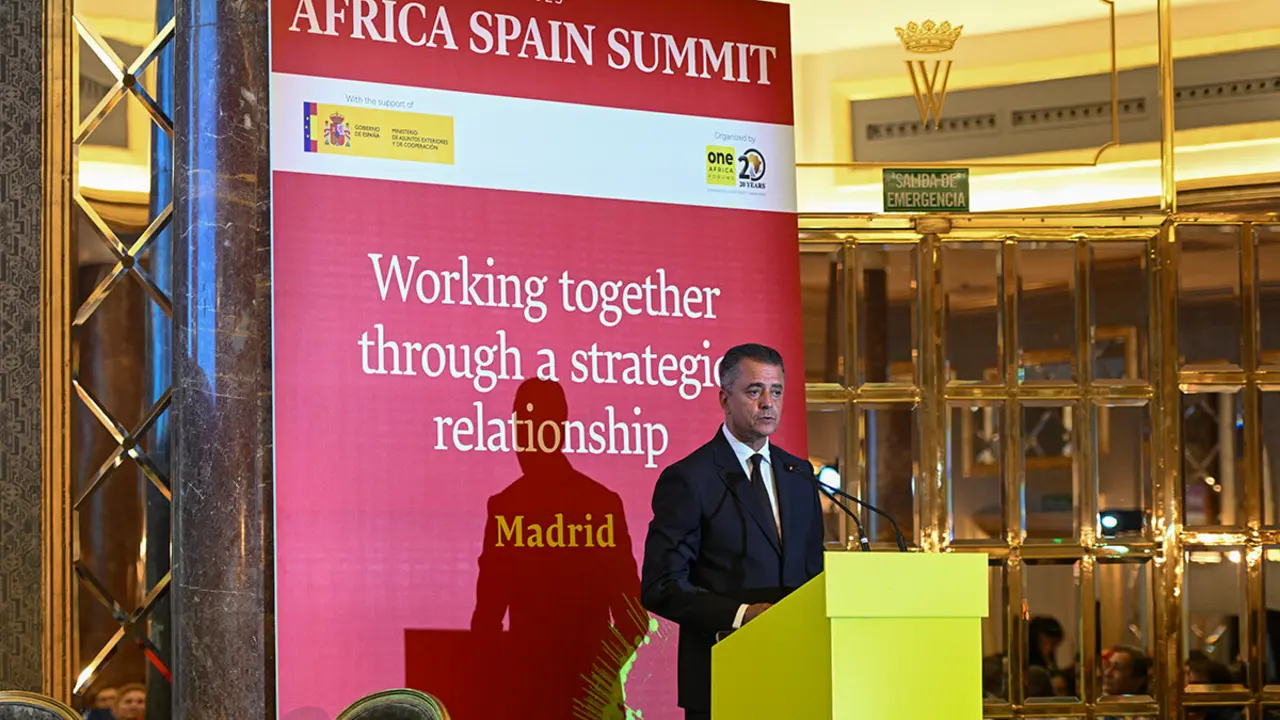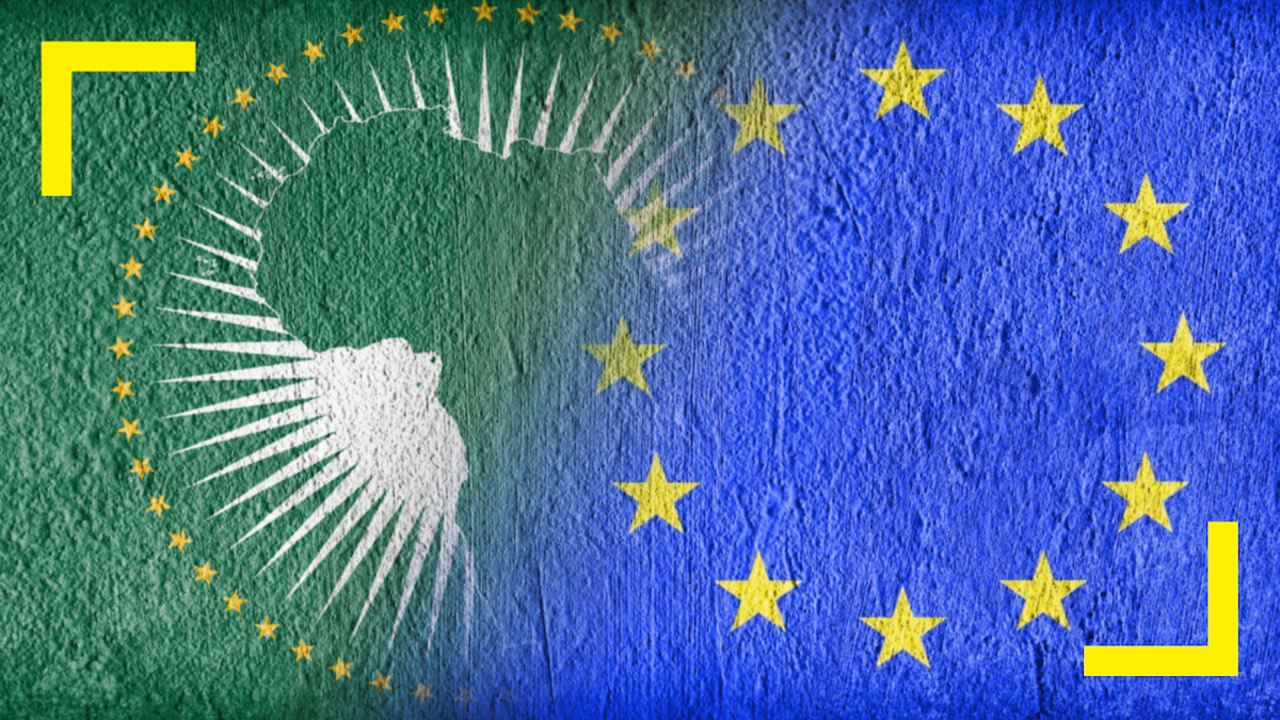Fez como centro de la Alianza de las Civilizaciones

After two days of intense work, the ninth edition of the Global Forum of the Alliance of Civilisations (UNAOC), which took place in the Moroccan cultural capital of Fez, came to an end. More than 1,000 guests including high-ranking state and business representatives, activists and delegates from various international organisations were invited to participate in the intercultural and inter-religious dialogue for the first time since 2020. In the midst of one of the worst international scenarios of the last decades.
"The what is not the challenge, it is the how. How to ensure cooperation, how to increase ambition, how to manage resources, how to mobilise political will, and how to catalyse action at all levels, from global to local, and act in solidarity," explained UN Secretary-General Antonio Guterres at the official opening of the event. "And it is the Alliance of Civilisations that is helping to find the way".
"Our Alliance should set itself up as a force of proposal, capable of generating ideas that can contribute to dialogue and peace in the world." – Mr. Nasser Bourita, Minister of Foreign Affairs of the Kingdom of Morocco, during the #FezForum Ministerial Meeting pic.twitter.com/9MgswBHiU3
— UNAOC - United Nations Alliance of Civilizations (@UNAOC) November 23, 2022
The UNAOC Global Forum kicked off on 22 November with speeches by UN Secretary-General Guterres, together with the event's co-chairs, the Moroccan Minister of Foreign Affairs, African Cooperation and Moroccan Expatriates, Nasser Bourita, and the High Representative for the UNAOC, Miguel Ángel Moratinos. Speeches were joined by that of the Alawite monarch and main sponsor of the summit, Mohammed VI, which was, however, delivered by his Moroccan adviser of Jewish origin, André Azoulay.
The opening ceremony was also attended by the guest co-sponsors of the 9th UNAOC Forum, Turkey and Spain, represented by their Foreign Ministers, Mevlüt Çavuşoğlu and José Manuel Albares, respectively.
?? And that’s a wrap for the #FezForum plenary on preventing and countering violent extremism #PCVE.
— UNAOC - United Nations Alliance of Civilizations (@UNAOC) November 23, 2022
Congratulations to our distinguished speakers and moderator Mr. David Chikvaidze, @UNGeneva Chief-of-Cabinet. pic.twitter.com/gObfdhAnR6
The two-day summit was structured in four main areas: a high-level meeting of the ministerial group of Friends of the UNAOC, a Youth Forum entitled "The future they want: an intergenerational dialogue", two plenary sessions and eight different working sessions, each specialising in a different area for bringing cultures closer together. And finally, a closing ceremony led by the co-chairs of the Forum.
"UNAOC - IOM PLURAL+: Balancing migration narratives through programming" was the first of these specialised sessions, which continued in the line of debate opened by King Mohamed VI. "Morocco is an essential ally in the fight against terrorism, a credible partner in the fight against climate change and a responsible actor in the management of migration," were the words of the monarch through Azoulay.
"Don’t be attracted by hate speech, antisemitism, christianophobia, and islamophobia, because at the end of the day, xenophobia and racism, will project into the other the hate we have of ourselves." – Mostapha Bousmina, @UEMFes President, addressing #UNAOCyouth at #FezForum pic.twitter.com/LfKebMh4ow
— UNAOC - United Nations Alliance of Civilizations (@UNAOC) November 23, 2022
The forum also hosted a second round table on "Forging a new social contract: combating discrimination and intolerance based on religion or beliefs rooted in human rights" (with special emphasis on the fight against anti-Semitism, Islamophobia and Christianophobia in different parts of the world); as well as others on "Mediation in cultural and religious conflicts: Women, the forgotten peacemakers"; "Education for global citizenship: shaping global citizens through transformative education" or how to "Counter and address hate speech in online social networks", among others.
Plenary sessions addressed the "Role of religious leaders in promoting peace, mutual respect and social harmony", which opened a space for discussion among religious leaders from across the faith spectrum -Christians, Muslims and Jews-; and "Efforts to Prevent and Combat Violent Extremism (PCEV) in the context of new and emerging threats".
Yesterday at the #FezForum, we held a breakout session on "Mediation in Cultural and Religious Conflicts: Women the Forgotten Peace-Makers", featuring the participants of the UNAOC mediation initiative with @MujeresxAfrica. pic.twitter.com/39Gom6XAYC
— UNAOC - United Nations Alliance of Civilizations (@UNAOC) November 23, 2022
In addition, this first UNAOC Global Forum held on the African continent resulted in the Fez Declaration, signed by the more than 100 members who, in one way or another, participate in the project. Nearly 90 countries and almost twenty international organisations have advocated "respect for cultural diversity and cultural rights, which in accordance with international standards for all people enhances cultural pluralism, contributes to a wider exchange of knowledge and understanding of cultural background, promotes the application and enjoyment of human rights and fosters stable and friendly relations between peoples and nations around the world", according to the text.
The declaration also set the scene for the next edition of the meeting, the 10th Global Forum of the Alliance of Civilisations: Portugal. It also decided that the African regional summit of the forum in 2023 will take place in Equatorial Guinea.
? Today at the #FezForum, we held a side event to discuss the halal and kosher trade and how they bring civilizations closer together to generate prosperity.
— UNAOC - United Nations Alliance of Civilizations (@UNAOC) November 23, 2022
▶️ Learn more:https://t.co/4TNTr5DZ4j pic.twitter.com/moaAlGMgNx
Likewise, the meeting has left room for calls such as that of the Yemeni foreign minister, Ahmed Awad Bin Mubarak, who has denounced Iran's attempts to consolidate the Houthi rebels in Yemen - and has asked member countries, such as Spain, to include the Houthi group on the list of terrorist organisations -, and has allowed other parallel presentations to be held. Among them was the panel "Halal and Kosher Trade: Bringing civilisations together to generate prosperity", which focused on trade and food issues as elements that bring cultures closer together and facilitate their relations. Both Halal and Kosher certificates ensure the production of a certain food product in accordance with Muslim and Jewish dietary standards, respectively.
Moderated by the UNAOC's Head of Mediation and Conflict Resolution, Charles Tenenbaum, the High Representative for the UNAOC, Miguel Ángel Moratinos, the Director of the Dubai Government's Halal Trade and Marketing Centre, Tomás Guerrero, the President of the Mimouna Association, El-Mehdi Boudra; the Chief Rabbi of the Great French Synagogue of La Victoire, Rabbi Moshe Sebbag; and the President of the Islamic Patronage of Spain and the Las Fuentes Foundation, Isabel Romero.








